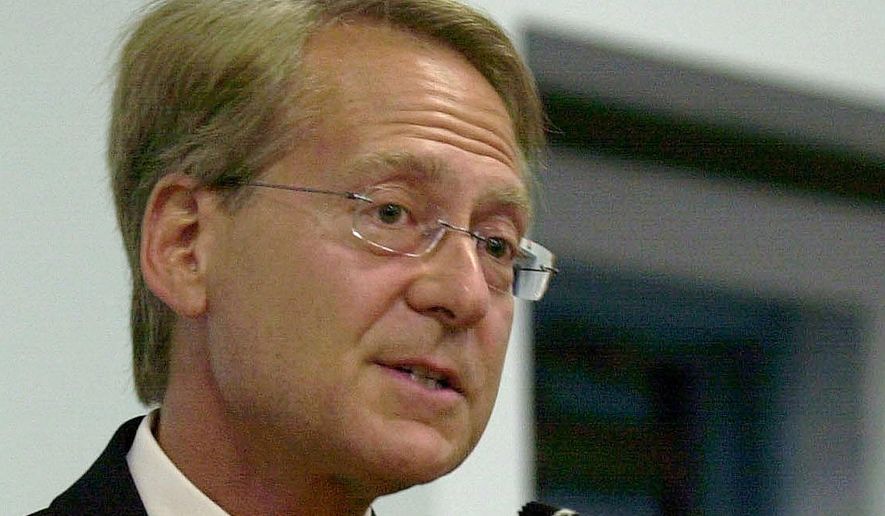Federal District Judge Richard J. Leon practically begged for the chance to halt the NSA’s phone-snooping program Wednesday, laying out a road map for how opponents could quickly revive a case and earn a ruling to stop what the judge called a continual violation of constitutional rights for tens of millions of Americans.
An appeals court ruled last week that the plaintiff, conservative lawyer Larry Klayman, hadn’t done enough to prove that the National Security Agency was collecting metadata from his phone, and overturned the 2013 injunction Judge Leon had issued.
So the judge urged Mr. Klayman on Wednesday to find a new plaintiff who used Verizon Business for cellphone service — the one network the government has publicly admitted it was tracking. That, the judge said, might quickly revive the case, giving the court another chance to rule the snooping illegal.
“There are millions — millions — of Americans whose constitutional rights have been, and are being, violated,” Judge Leon said during a hearing he called to have Mr. Klayman and the Obama administration update him on the case.
The judge seemed eager to get the case moving in time to rule before the NSA’s program changes.
Under the USA Freedom Act, passed by Congress and signed by President Obama earlier this summer, the government will have to halt its bulk collection of data Nov. 29, which is the end of a six-month grace period. After that point, the NSA can no longer store bulk phone metadata, and federal investigators will instead have to request data from phone companies every time they suspect a number is involved in a terrorism investigation.
Despite saying he wanted to end bulk collection and signing the law earlier this year, Mr. Obama is still defending the NSA program in court.
Justice Department lawyer Rodney Patton said there could be a number of legal hiccups that could slow down the quick pace Judge Leon said he wants to keep. But the judge warned against trying to slow-walk the case until the Nov. 29 deadline when the program expires.
“I am not going to sit by and allow the government to run the clock out,” he said.
Despite Judge Leon laying out a potential path to victory for him, Mr. Klayman wasn’t satisfied. He insisted that Verizon, his cellphone service, is part of the NSA snooping program, and he said the appeals court got that wrong. Mr. Klayman also accused administration officials of lying when they denied they’d ever confirmed Verizon’s participation.
“Be careful with that L-word,” Judge Leon warned Mr. Klayman — though the unrepentant lawyer repeated the claim again anyway, saying flatly that “they lied.”
“We’re going up against the wind here, but we’re doing the right thing,” Mr. Klayman assured the court.
Mr. Klayman said if the court rules before Nov. 29, Judge Leon could claim oversight powers to ensure the NSA dismantles its program.
But Mr. Klayman added another wrinkle, saying that he doesn’t want the government to get rid of the billions of records it’s collected from the program once it expires in November. Mr. Klayman said that data might be needed as he tries to collect personal damages later in the court case.
Judge Leon waved off those kinds of questions, saying he’s focused on the immediate question of whether Mr. Klayman can find a valid plaintiff to challenge the NSA.
A federal appeals court in New York is also deciding on the NSA’s program, with the American Civil Liberties Union challenging whether the six-month grace period is legal.
The 2nd U.S. Circuit Court of Appeals had ruled in early May that there was no legal basis in the Patriot Act for the NSA’s data collection, but didn’t halt the program, instead giving Congress time to finish its debate on the USA Freedom Act. Now that the debate is over, and the law doesn’t add any new powers to the Patriot Act, the ACLU has asked the judges to enforce their earlier ruling and halt the phone-snooping.
• Stephen Dinan can be reached at sdinan@washingtontimes.com.




Please read our comment policy before commenting.